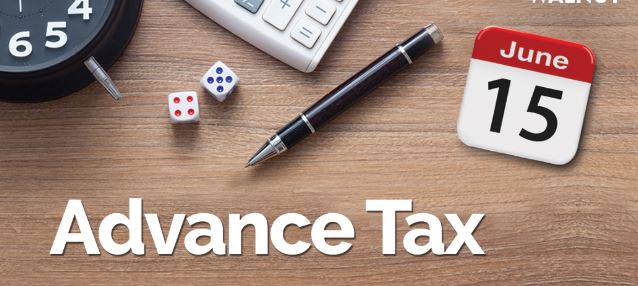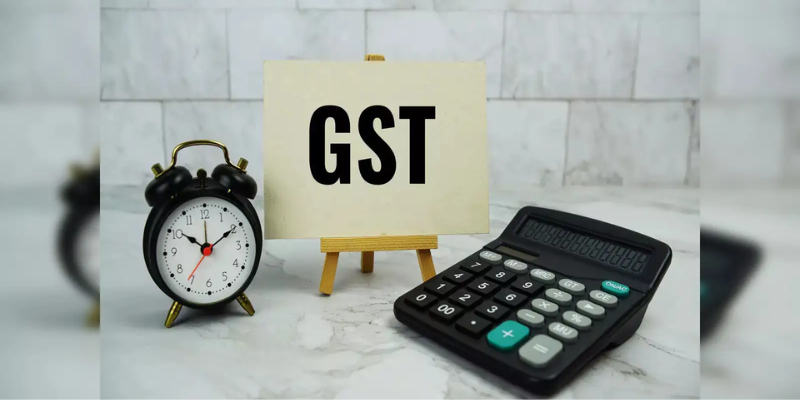Easy Guide to Advance Tax Payment Calculation & Due Dates

Strong 8k brings an ultra-HD IPTV experience to your living room and your pocket.
Advance tax payment is an important aspect of taxation in India. It is the payment of income tax in instalments, as and when the income is earned, instead of paying it all at once at the end of the financial year. This method of taxation helps individuals and businesses to manage their cash flow better and avoid the burden of paying a lump sum at once.
The calculation of advance tax payment is based on the estimated income for the year, and the due dates for payment are determined by the tax authorities. Taxpayers need to understand the concept of advance tax and comply with the tax laws of India. A simple guide to advance tax payment calculation and due dates can help individuals and businesses stay on top of their tax obligations and avoid penalties.
What is Advance Tax Payment and Who Should Pay it?
Advance tax applies to all taxpayers, including salaried individuals, self-employed professionals, and businesses. It is mandatory for taxpayers whose tax liability for the financial year is Rs 10,000 or more. The purpose of advance tax is to ensure a regular inflow of tax revenue to the government and reduce the burden of paying a large amount of tax at the end of the financial year.
Calculation of Advance Tax
The calculation of advance tax is based on the estimated income for the financial year. Here's a simple way to calculate advance tax:
Estimate Your Income: Calculate your expected income from all sources for the financial year. This includes income from salary, business, profession, house property, capital gains, and any other sources.
Deduct Allowable Deductions: Deduct allowable deductions such as investments, expenses, and exemptions to arrive at the taxable income.
Apply Applicable Tax Rates: Calculate the tax liability based on the applicable tax rates for the respective income slabs.
Adjust TDS and Tax Credits: Reduce the amount of tax deducted at source (TDS) and tax credits from the total tax liability.
Pay Advance Tax: If the balance tax after TDS and tax credits are Rs 10,000 or more, you are required to pay advance tax in instalments.
Due Dates for Advance Tax Payment
The due dates for advance tax payments are predetermined by the Income Tax Department. It is important to adhere to these due dates to avoid any interest or penalty. The due dates for advance tax payments for individuals and businesses are as follows:
15th June: 15% of the advance tax is to be paid by this date.
15th September: 45% of the advance tax is to be paid by this date.
15th December: 75% of the advance tax is to be paid by this date.
15th March: 100% of the advance tax is to be paid by this date.
Calculating advance tax can be a complex process, especially for those who are not familiar with the tax laws and regulations. To make things easier, taxpayers can use a GST calculator, which is a simple tool that helps calculate the tax liability accurately. It is crucial to ensure that the calculations are accurate to avoid penalties and legal issues.
The due dates for advance tax payments are typically in four instalments, and taxpayers need to pay the tax amount by the specified date to avoid any penal consequences. In case of a delay or non-payment, interest and penalties may be applicable as per the Income Tax Act.
It is important to note that advance tax payment is a vital aspect of tax compliance, and taxpayers should take it seriously. Consulting a tax professional or referring to the official website of the Income Tax Department can help taxpayers understand the process better and stay updated with any changes in tax laws and regulations. With the help of a GST calculator and timely payment, taxpayers can effectively manage their tax liabilities and avoid any legal issues.
Conclusion
Advance tax payment is a necessary obligation for every taxpayer in India. It is a process of paying taxes in instalments as per the prescribed schedule instead of paying the entire amount in a lump sum at the end of the financial year. The payment of advance tax is mandatory for individuals, self-employed professionals, and businesses with an annual income of more than Rs 10,000.
Read more blogs: https://thegloblenews.com/
Note: IndiBlogHub features both user-submitted and editorial content. We do not verify third-party contributions. Read our Disclaimer and Privacy Policyfor details.







